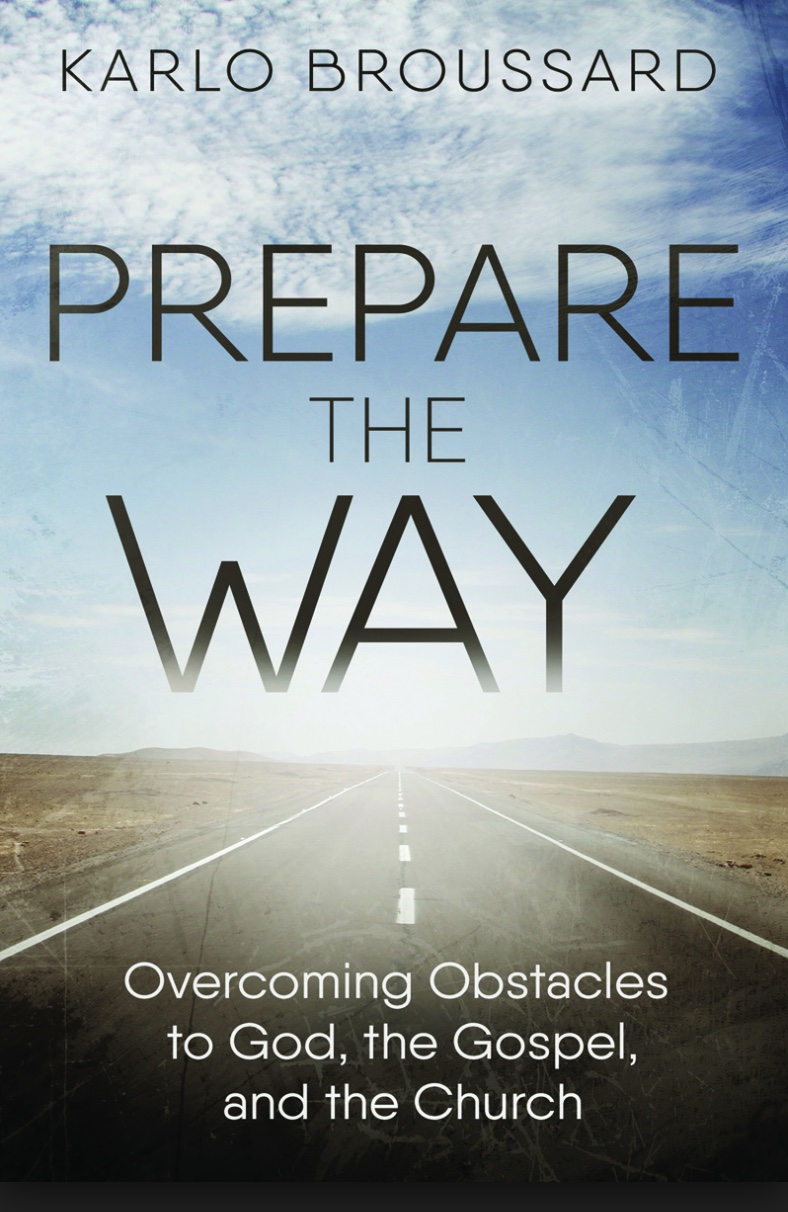“For many people who don’t believe God exists, this is one reason why: the smart people they know and respect, such as scientists and philosophers, are often atheists.
For example, ninety-three percent of the members of the National Academy of Sciences (NAS), one of the most elite scientific organizations in the United States, deny God’s existence. One study found that seventy-three percent of professional philosophers are atheists
With such an overwhelming amount of smart people embracing atheism, it’s no surprise that a person who wants to be intellectually responsible will be disinclined to acknowledge that God exists. Let’s look at two strategies for how we can lower this mountain, and prepare a way for the Lord.
Strategy 1:
Explain that just because someone is smart in one area of expertise doesn’t make him competent when it comes to the question of God’s existence.
QUESTION: “Would you trust a mechanic’s views on politics because he is a good mechanic?”
I think it’s safe to say your friend will answer no. The training that a mechanic receives as a mechanic doesn’t equip him with political knowledge or wisdom. Explain that the same principle applies to what natural scientists and philosophers who are not trained in philosophy of religion, for example, say about God’s existence.
You can remind your friend that God is not subject to scientific inquiry. God is an immaterial being who transcends the boundaries of science’s data source—namely, physical reality. This being the case, no amount of scientific training is going to equip a scientist to pursue the philosophical inquiry of God’s existence.
QUESTION: “If you shouldn’t trust a mechanic’s views on politics just because he knows cars, then why should you trust a scientist’s views about God because he knows chemistry?”
Since the question of God’s existence is beyond a scientist’s expertise, as a matter of authority his opinion on the matter is of equal value to that of any other educated non-scientist—just like his opinion on art, or history, or sports.
Strategy 2:
Name some smart people that were/are believers in God or some transcendent power.
Your friend doesn’t merely have to trust polls that say many scientists and philosophers are believers. You can share with him the names and pro-God quotes of some of the greatest minds of history. Some of them laymen who were/are theists:
Nicolaus Copernicus (1473–1543), father of the heliocentric theory of the solar system: “The universe has been wrought for us by a supremely good and orderly Creator.”
Max Planck (1858–1947), originator of the quantum theory: “Religion is the link that binds man to God—resulting from the respectful humility before a supernatural power, to which all human life is subject and which controls our weal and woe.”
Albert Einstein (1879–1955): “Certain it is that a conviction, akin to religious feeling, of the rationality and intelligibility of the world lies behind all scientific work of a higher order… This firm belief, a belief bound up with a deep feeling, in a superior mind that reveals itself in the world of experience, represents my conception of God.”
And consider the contributions of these Catholic scientists:
Roger Bacon (c. 1214–1294), English Franciscan monk whose writings predicted the construction of the telescope and laid the groundwork for the scientific method.
St. Albert the Great (1200–1280), bishop who taught St. Thomas Aquinas and who did a great amount of observational work in botany and zoology.
Thomas Bradwardine (1290–1349), archbishop of Canterbury who proved Aristotle’s scientific ideas on motion to be inconsistent and was the first to attempt to formulate a mathematical law of motion.
Nicholas of Oresme (1323–1382), bishop of Lisieux in France who made significant contributions to psychology, physics, mathematics, and economics.
Nicolas of Cusa (1401–1464), German cardinal who posed bold ideas such as the universe being infinitely large and that the sun and earth were in motion in infinite space.
Marin Mersenne (1588–1648), historic figure in mathematics referred to as the “father of acoustics.”
Christoph Scheiner (1573–1650), Jesuit priest who was one of the first five people to discover sunspots with a telescope independently of each other. His sunspot data is still used by scientists today.
Lazzaro Spallanzani (1729–1799), top biologist of the eighteenth century whose investigative work and experiments served as the foundation for the work of Louis Pasteur
Gregor Mendel (1822–1884), Augustinian monk and priest who was the founder of genetics.
Abbe Henri Breuil (1877–1962), one of the leading paleontologists of his time and known for his expertise on cave paintings and prehistoric art.
George Lemaitre (1894–1966), director of the Pontifical Academy of the Science who was one of the two originators of the Big Bang theory.
By now your friend will see that to believe in God is to be in good intellectual company.”
Love & His truth,
Matthew


